How Can We Help?
Frequently asked questions about Thailand.
Visa & Border Crossings
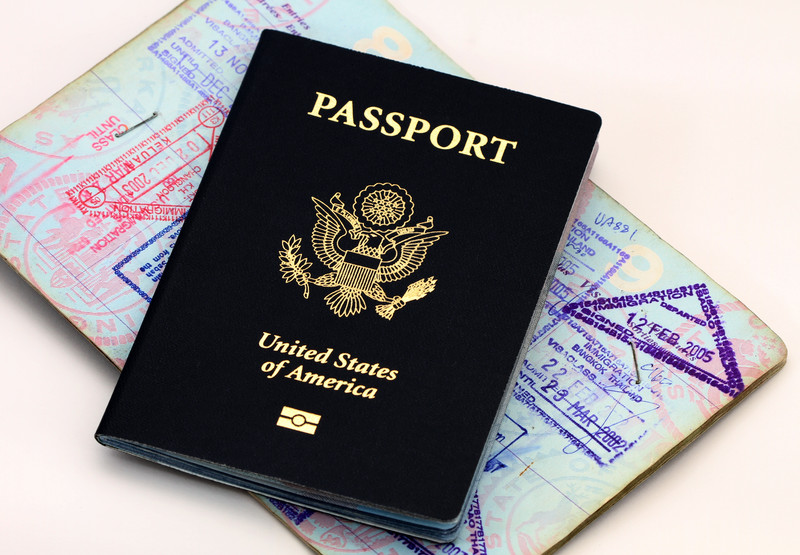
All travelers to Cambodia require a valid passport with minimum 6 months remaining and a Cambodia visa. There are two ways to obtain a Cambodia Visa. Either applying online for an E-visa or by applying directly from a Cambodia Embassy.
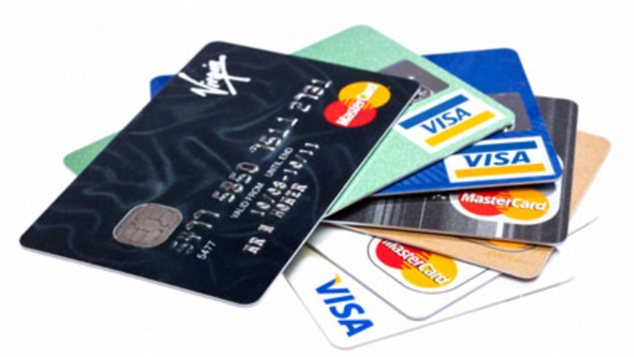
To apply for e-visa you can apply online here. www.cambodia-visa-online.com (Note you will need a credit/debit card to complete the online payment) The Tourist visa cost 90 $ per person and the available port of entries are Phnom Penh International Airport, Siem Reap International Airport and Sihanouk International Airport.
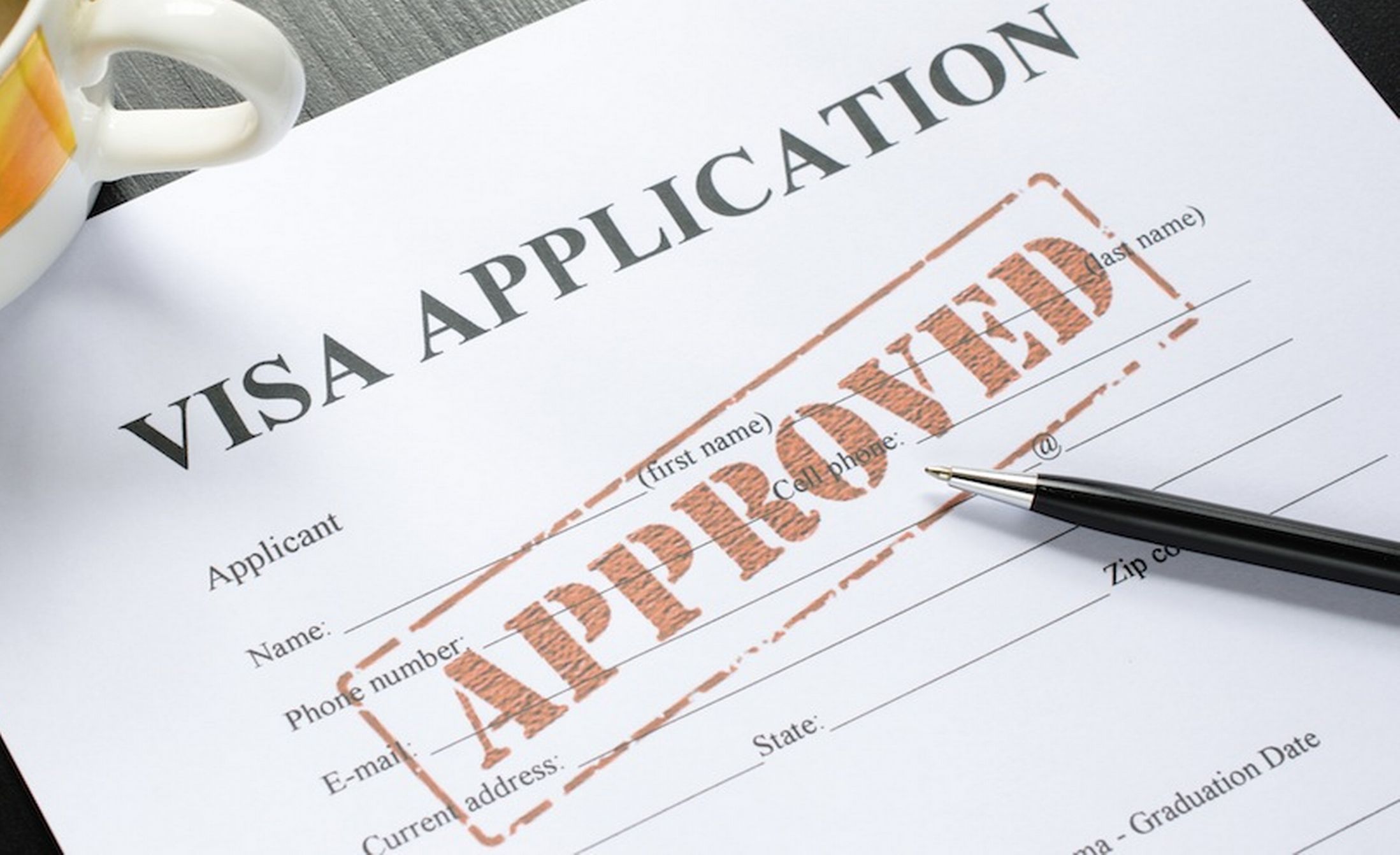
Yes, it is possible to apply for a tourist visa at any Cambodia Embassy or Consulate. Tourist visas are issued for a duration of 30 days at all Cambodia Embassies or Consulates. Any tourist whether traveling on a package tour or individually will receive the same type of tourist visa.

Pre-arranged visas on arrival can be arranged through Discovery DMC for travellers arriving at Phnom Penh or Siem Reap or Sihanouk International Airports. Myanmar DMC requires passengers’ passport details including name as spelled in your passport, nationality, passport number and occupation together with scanned copy of passport which shows clients’ pictures taken within 3 weeks prior to arrival in Cambodia. Discovery DMC will apply for tourist visas and send a visa confirmation letter issued by the Cambodia authorities to the travel agency or traveler by email attachment. Travellers will have to show this visa confirmation letter to the airline when boarding the international airport. Upon arrival at International Airport travellers have to contact the Visa on Arrival counter, show their visa confirmation letter, hand over 1 passport photo and pay the visa fee of US$ 30 per person (subject to change without prior notice). Discovery DMC charges a handling fee for all visas on arrival of US$ 50.
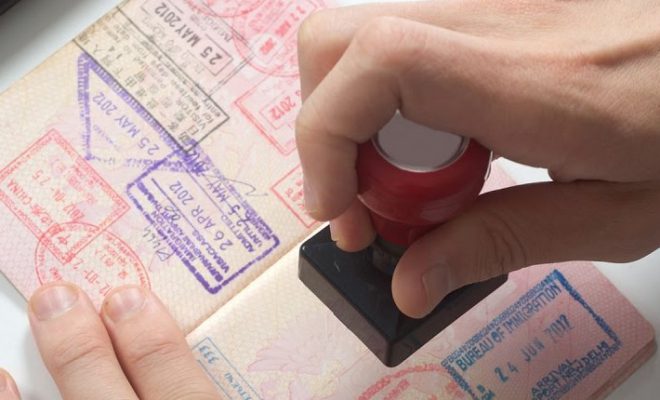
Over stay in Cambodia will cost 3 $ a day. Detail information on extension of stay – Foreigners who enter Cambodia with various visas and want to apply for the extension of stay permit except tourist visa apply it through ministries concerned. With the approval letter of Ministry of Immigration and Population to the Immigration and National Registration Department is undertaking extension to stay accordingly. (a) Extension of stay for those entered Cambodia with Entry visa, Business Visa, Meditation Visa- If those who enter Cambodia with Entry Visa, Business Visa wish to apply for stay extension, they have to apply to Ministries concerned through their related company (or) organization. Those who got into Myanmar with Meditation Visa may apply to Ministry of Religious Affairs with recommendation of related Meditation Centers or Missionaries. The informing letters through the Ministries concerned and organizations are sent to the Ministry of the Immigration and Population. When the approval letter from the Ministry of Immigration and Population is obtained Department of Immigration and National Registration carries out stay extension in term of rules and regulations. (b) Extension of stay for those entered Myanmar with social visa – If those come to meet with the relatives in Myanmar want to extend their stay, they can apply through the relatives (or) friends where they put up at the Township Immigration and National Registration Department to the Regional/ State Directorate office. The application has to be submitted the Head office, which then carries out the extension of stay permit according to rules and regulations. (c) Extension of stay for those entered Myanmar with Diplomatic Visa – If the Ambassadors, Diplomat, staff of embassy and their dependents who came into Myanmar to assign their duties want apply for their extension, the letter from the Ministry of Foreign Affair sends to the Ministry of Immigration and Population. When they get the approval letter from the Ministry of Immigration and Population, the Immigration and National Registration Department is undertaking stay permit extension in term of rules and regulations. (d) Extension of stay permit for those who enter Myanmar with Visa exemption and Gratis Visa – If those who enter Myanmar from the (18) countries, bilateral agreement on visa exemption for Diplomats, special passport and Gratis Visa would like to apply the extension of stay permit, Ministry and organizations concerned shall send letters through the Ministry of Immigration and Population with that co-ordination letter. When the permission from the Ministry of Immigration and Population is received, the Immigration and National Registration Department carries out stay extension in accordance with rules and regulations.
Travelling in Thailand
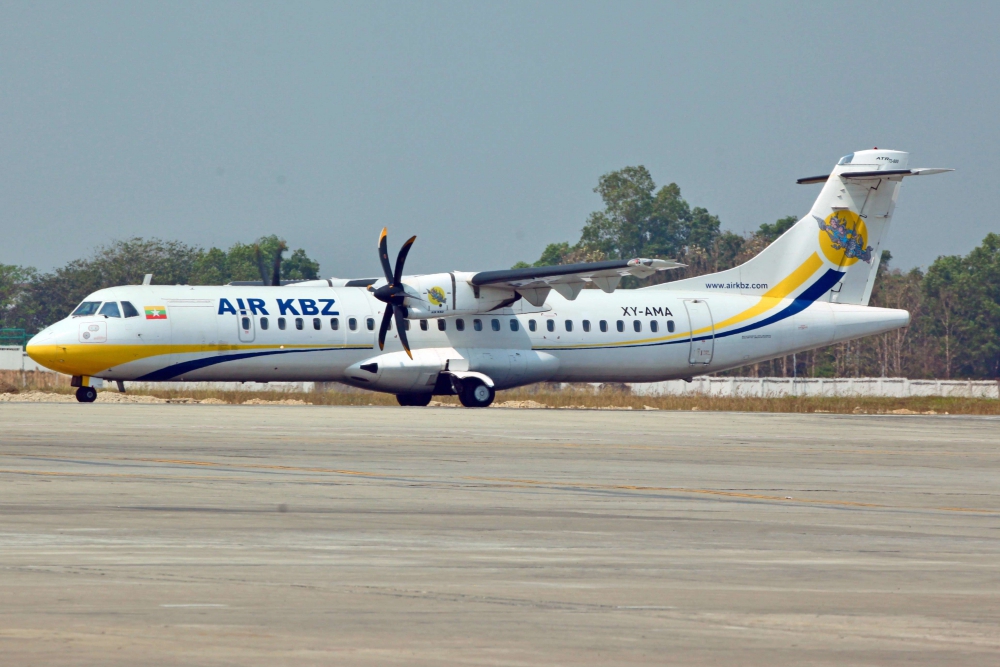
Thai Airways International (TG) (www.thaiairways.com) runs services to all major towns, a total of 12 domestic destinations including Phuket and Chiang Mai. Bangkok Airways (PG) (www.bangkokair.com) flies several additional routes including KoSamui. Discounts are available during off-peak seasons and during special promotional periods. Orient Thai Airlines, formerly known as One-Two-Go Airlines (www.flyorientthai.com) and Nok Air (www.nokair.co.th) also offer domestic flights
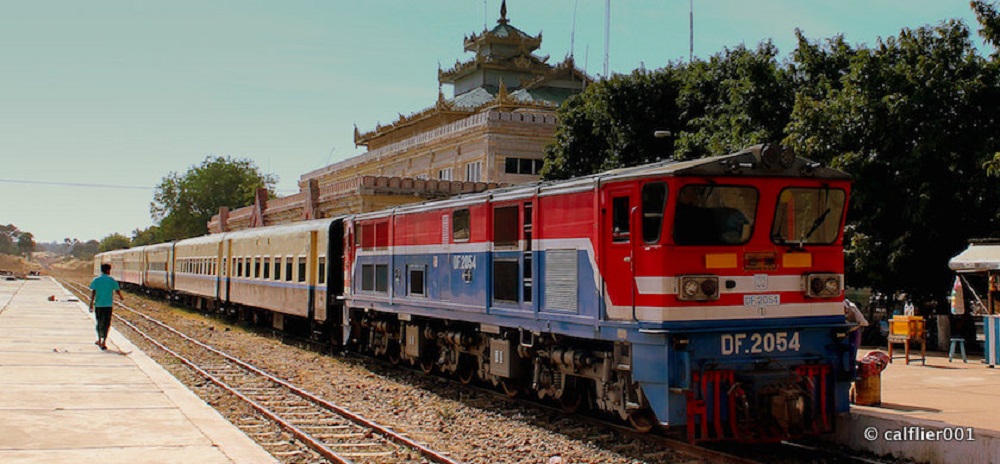
Roads in Thailand range from multi-lane freeways around Bangkok to tiny lanes known as sois. Popular routes in the provinces are often four lanes.There is a reasonable road network comprising many highways, which are designated by numbers, and 52,000km (32,300 miles) of national and provincial roads. All major roads are paved.
Car hire services are available in all main towns and cities from both international and local companies. The minimum age for driving in Thailand is 18 years and the wearing of seat belts is compulsory. The speed limit is 50kph (31mph) to 60kph (35mph) in towns and cities and 90 to 120kph (52 to 74mph) on expressways and country roads. A national licence and International Driving Permit (IDP) are required. IDPs are valid for three months, after which a Thai driving licence is required. Cars are driven on the left side of the road in Thailand.
Taxis are easy to find and cheap to use in Bangkok. In other cities, such as Chiang Mai, local transport such as tuktuks are much cheaper and more common.
Bike hire is available at most tourist locations throughout the country but, due to the erratic nature of driving standards and the heavy traffic, caution must be observed. It is however an excellent form of transport for those wishing to travel the quieter areas of the country.
There are many intercity bus services, which range from uncomfortable and crowded buses to luxury, air conditioned coaches. Prices are quite cheap but the appalling traffic in some areas of Thailand makes travelling by bus quite slow.
Conventional bus services in Bangkok are operated by the Bangkok Mass Transit Authority, but there are also extensive private minibus operations. Premium fares are charged for air-conditioned (cream and blue buses) and express buses. The ordinary buses are cream and red or white and blue and charge a flat rate regardless of distance travelled. Fares are generally low and are collected by conductors.
In Bangkok, taxis displaying the TAXI-METER sign are metered. Samlors or tuk-tuks are three-wheeled taxis without a meter; the fare must be negotiated before the journey commences. These are cheaper than taxis but are only suitable for short distances.
There are express, rapid and ordinary motorboat services operated by the Chao Phraya Express Boat on the Chao Phraya River between Nonthaburipier to the north of Bangkok to Rajburana pier in southern Bangkok. The express boats, marked with yellow, blue or green and yellow flags, are more expensive than the rapid orange-flag-flying boats. The ordinary flagless boats are the cheapest.
The Skytrain (BTS), an elevated mass transit system in Bangkok, runs from 0600-2400. The Metro runs from Hualamphong to Bang Sue. Trains leave every five to nine minutes between 0600 and 2400.
Chiang Mai public transport is limited to red songtaew (minibuses), tuk-tuks, rickshaws and distinctive yellow metered taxis mainly operating from the airport. There is now a limited bus service in operation.
The excellent railway network extends over 4,600km (2,860 miles), linking all major towns with the exception of Phuket. It is run by State Railways of Thailand (tel: 1690; www.railway.co.th; online booking: www.thairailticket.com). There are four main routes to the northern, eastern, southern and northeastern regions, and also a western line serving Thon Buri, River Kwai Bridge and Nam Tok.
There are several daily services on each route, with air-conditioned sleeping and restaurant cars on the principal trains. The journeys are leisurely and comfortable, and travelling by train is certainly one of the best ways to get around the country. The Southern Line Express stops at Surat Thani for those who wish to continue by bus and ferry to the islands off the east coast. Most railway timetables are published in English.
Ferry services operate between the mainland and several islands including Surat Thani to KoSamui, Phuket to Phi Phi, Pattaya to KoSamet and Trat to Ko Chang, and can be booked in person at the dock. Strong competition on all of the major routes ensures that fares are kept low. Reduced services operate during the monsoon season from May through to October along the east coast and Andaman coast, and from November until January on the Gulf coast. The more remote spots become inaccessible during these periods.
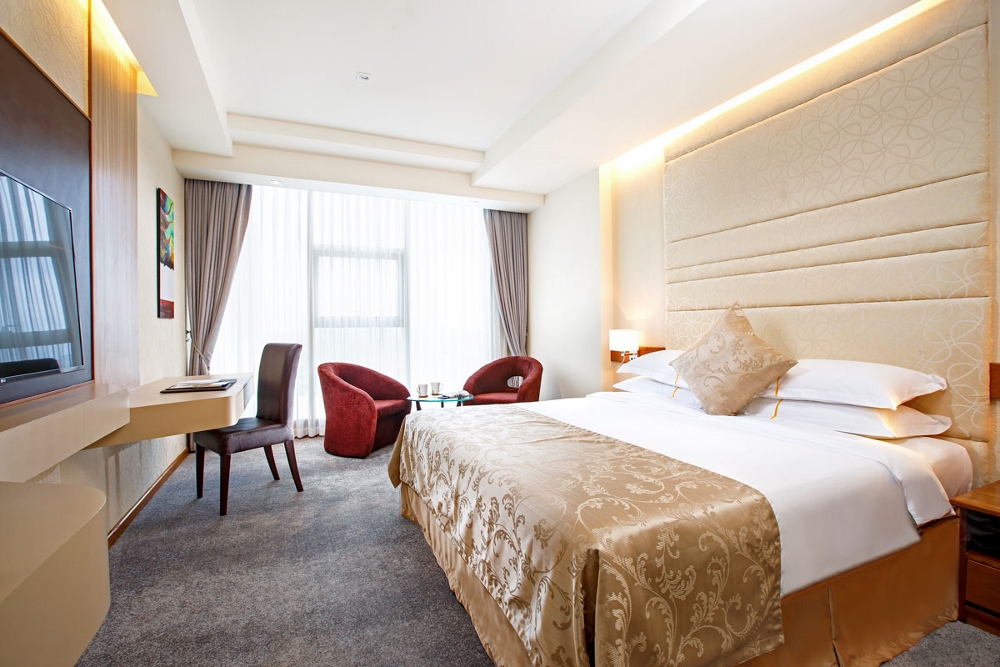
There are no official hotel categories in Myanmar. Hotel categories are rated by Discovery DMC according to general international hotel criteria. Yangon, Bagan, Mandalay, Inle Lake, Ngapali and Ngwe Saung Beaches offer a wide choice of accommodation including boutique hotels and international five star properties. In other regions travellers should not expect top deluxe properties, though increasingly there is charming and traditional oriental style accommodation available. In some regions accommodation can be simple and basic.

Lightweight cotton or linen clothing and lightweight rainwear are advised year round. A bathing suit, sunscreen, sunhat and beach wear are essential. A good pair of walking shoes is recommended.
Mobile & Internet

As of 2014, two foreign telecom operators and a government owned operator have launched nation wide mobile and wireless networks. Mobile and wireless connections are improving quickly as the networks expand, especially in urban areas, but in rural parts of the country you will often not have a mobile signal. Prepaid mobile sim cards can now be purchased in most cities at the low price of US$ 1.5 which allow international calls and use of mobile data.
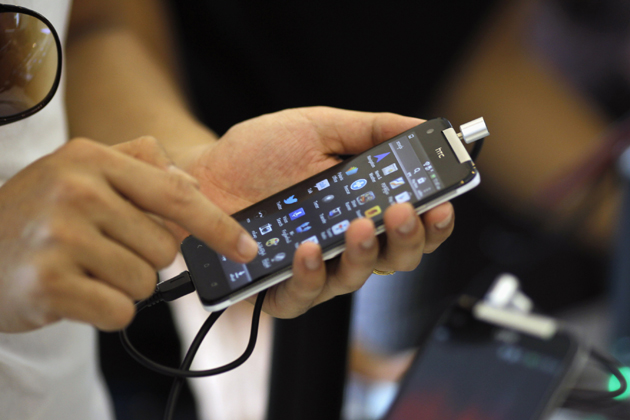
Internet access is becoming increasingly common and unrestricted, most international hotels will offer complimentary internet access. Internet cafes can be found in urban areas, however connections tend to be slow and unstable.
Thailand Overview
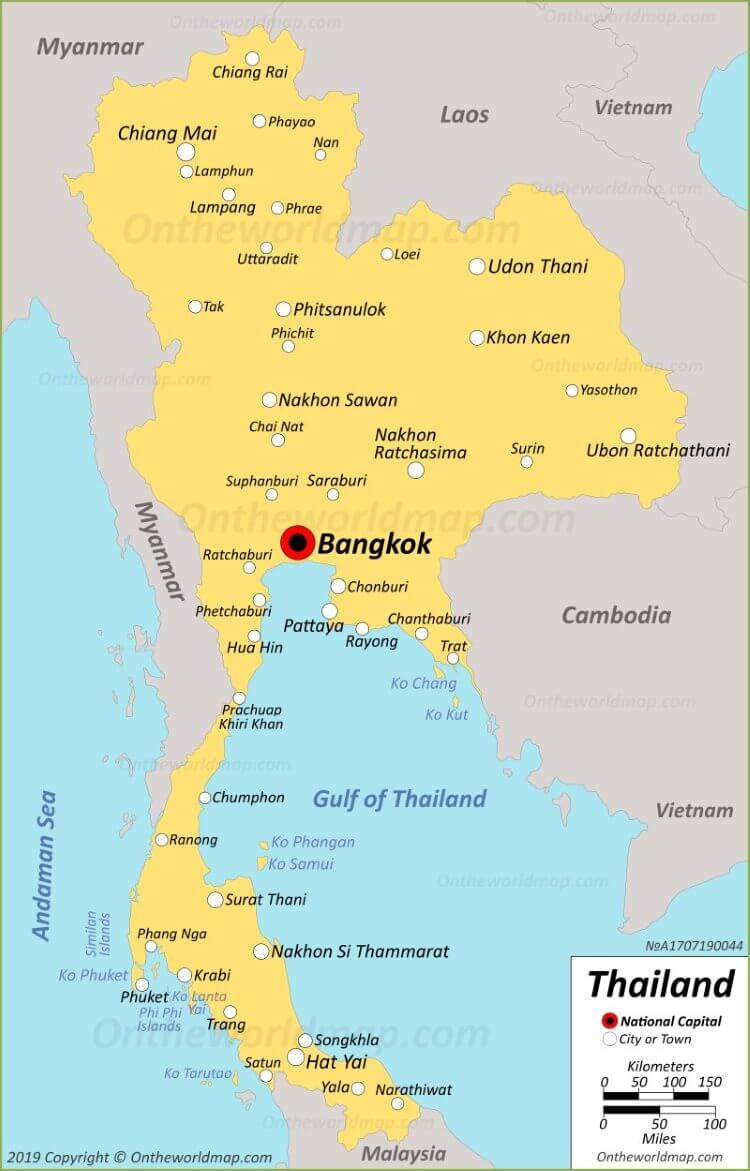
| Country Facts & Figures | |
|---|---|
| Country Name: | Thailand |
| President: | Prayut Chan-o-cha |
| Population: | 69,428,453[ |
| Capital: | Bangkok |
| Cities: | Bangkok, Pattaya, Phuket, Ayutthaya, Chiang Mai, Kanchanaburi, Sukhothai, Krabi, Koh Samui, Hua Hin |
| Area: | 513,120 km2 (198,120 sq mi) |
| Highest point: | Thanon Thong Chai Range at 2,565m (8,415 ft) |
| Languages: | Thai |
| Religions: | 94.50% Buddhism, 4.29% Islam, 1.17% Christianity, 0.03% Hinduism, 0.01% Unaffiliated |
| Ethnic groups: | 34.1% Central Thai, 24.9% Lao, 12% Thai Chinese, 9.9% Khon Muang, 7.5% Southern Thai, 1.4% Thai Khmer, 10% Others |
| Time: | UTC+7 (ICT) |
| Country code: | +66 |
| Currency: | 1USD = 30.21 Baht (฿) (THB) |
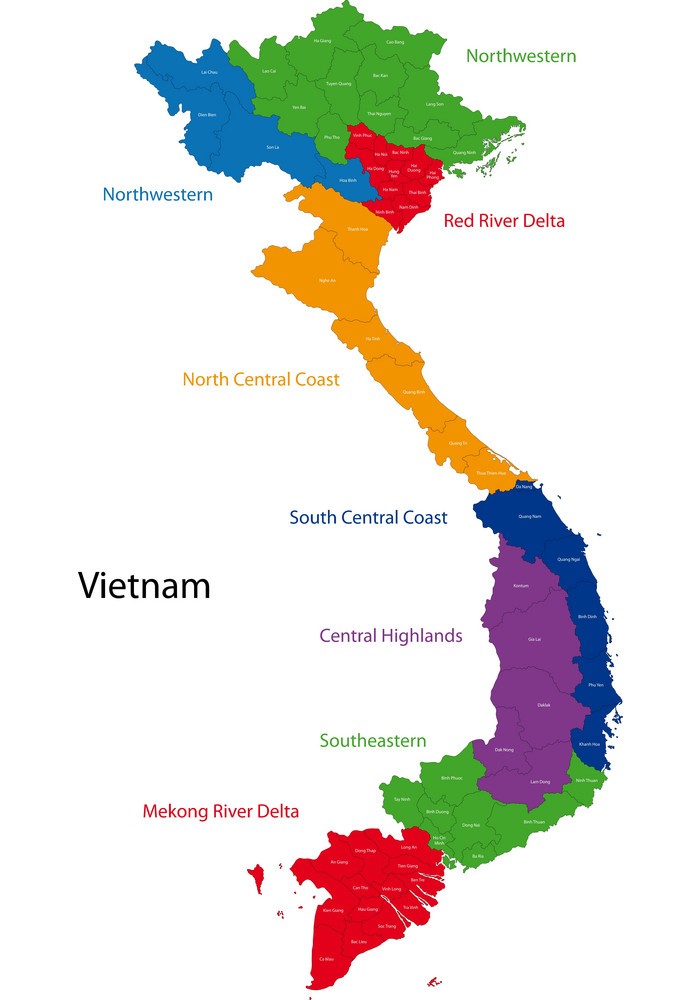
Although the climate varies throughout Thailand, you can visit all year round. The best time to travel is during the cool and dry season between November and early April. In the south, the climate differs between the eastern and western coasts.
UTC +7 (ICT)
Language & Culture
Thai is the country’s official language and is spoken by the majority of these individuals. The Thai language, sometimes referred to as the Siamese language, belongs to the Tai-Kadai language family. Linguists have determined that the language originated from several languages: Sanskrit, Old Khmer, and Pali.
English is spoken at all major hotels. Basic English is also spoken widely throughout the country, and travelers will almost always find someone who will at least understand and speak a few words of English. Discovery DMC provides guiding services in English, German, French, Italian, Spanish, Russian, Japanese, Thai and Chinese.

Use only bottled or boiled water for drinking, brushing teeth or making ice. Unpasteurised milk should also be boiled, although pasteurised or homogenised milk is available. Tinned or powdered milk is safe as long as it is reconstituted with sterile water. Beware of dairy products that may have been made with unboiled milk. Stick to meat and fish that have been well cooked, preferably served hot, but not reheated. Avoid raw vegetables and unpeeled fruit.
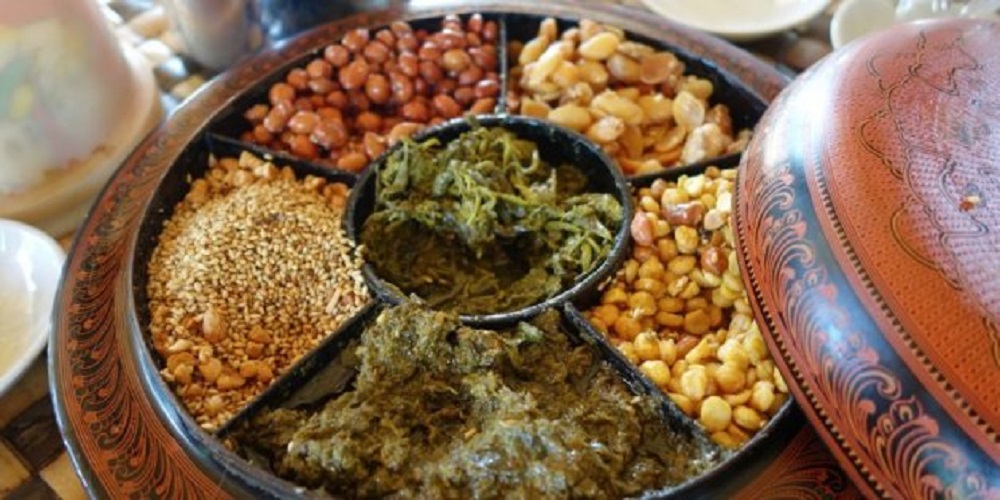
Thai food is traditionally fairly hot and spicy, but most tourist restaurants tend to tone down the heat for the more fragile Western palate. Most Thai food is prepared with fresh ingredients such as lemon grass and coriander and rice is commonly eaten with most meals. Popular fruits are papaya, jackfruit, mangosteens, rambutans, pomelos (similar to grapefruits) and, above all, durians, which farangs (foreigners) either love or hate. The thorny fruits have a rather malodorous scent which has even resulted in many hotels banning them from their premises.
Excellent food can be found at the stalls of the many street vendors around the country as well as top-notch eateries. There are also many Asian and European restaurants throughout the major cities and smaller towns.

The weather in Thailand is generally very hot and humid, particularly between March and May. The monsoon season runs from June to October, when the climate is still hot and humid with torrential rains. The best time for travelling is November to February (cool season), although the southern islands are best from June to September.
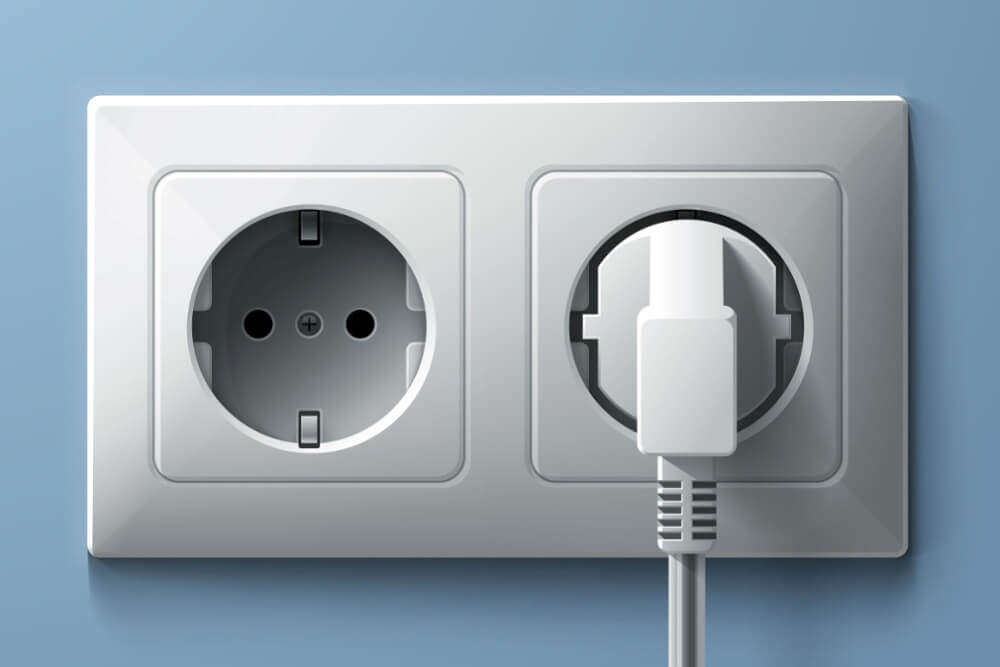
Electricity in Thailand is 220 Volts, alternating at 50 cycles per second. If you travel to Thailand with a device that does not accept 220 Volts at 50 Hertz, you will need a voltage converter. Outlets in Thailand generally accept 2 types of plug: type A and Type C. Plug adapters are available in Thailand but it is advisable to buy one before you leave home to avoid the hassle of trying to find one when you arrive.
Money
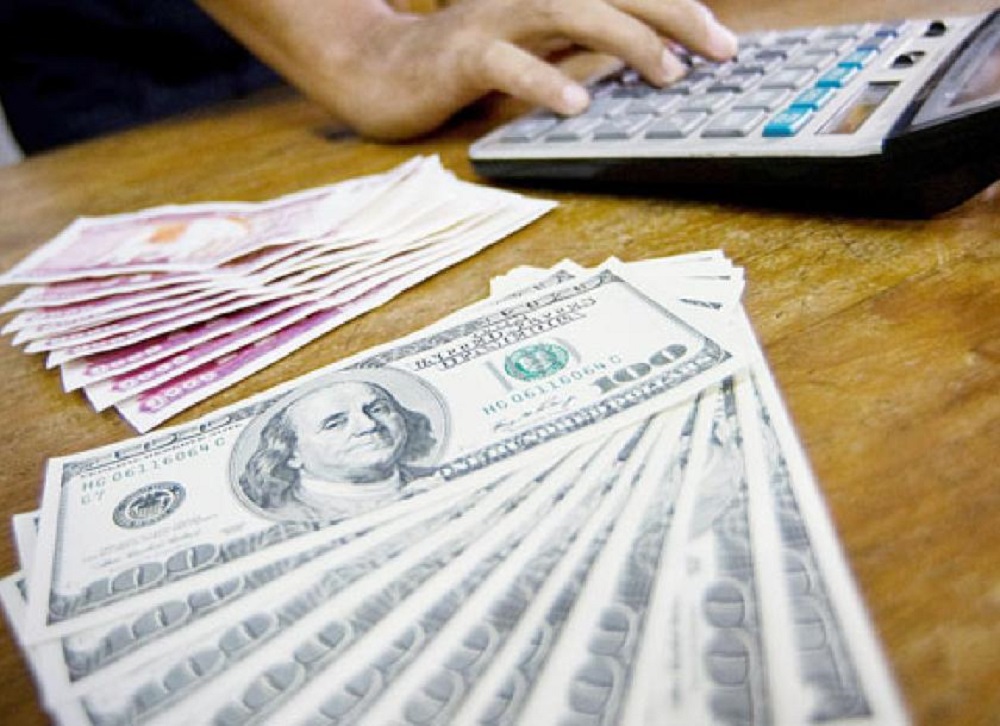
Baht (THB; symbol ฿) = 100 satang. Notes are in denominations of ฿1,000, 500, 100, 50, 20 and 10. Coins are in denominations of ฿10, 5, 2 and 1, and 50, 25, 10, 5 and 1 satang.
The import and export of local currency is limited to ฿50,000. The import and export of foreign currency is unlimited, but amounts over US$20,000 must be declared.
Foreign currencies can be exchanged at banks (which have the best rates), hotels (which charge high commissions) and bureaux de changes can be found in larger towns (generally open 0800-2000). Outside large towns and tourist areas, high value notes may be difficult to exchange, so visitors are advised to carry small change.
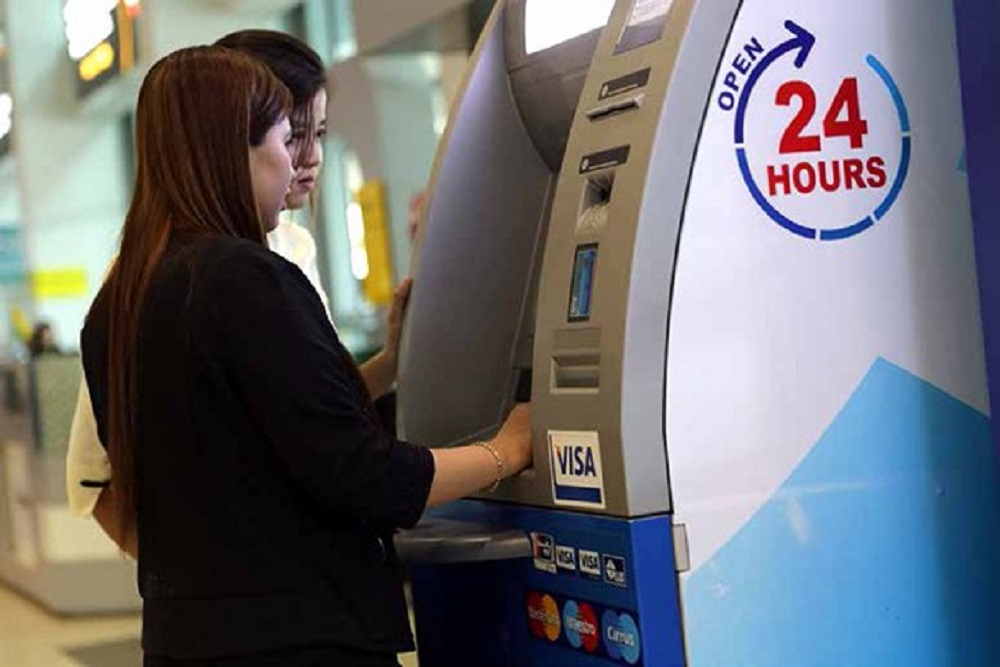
Banking hours: Mon-Fri 0830-1530.
American Express, MasterCard and Visa credit cards are widely accepted. ATMs are found in all major cities and almost all provincial banks.
Traveler’s cheques are accepted by almost all banks and large hotels and shops. To avoid additional exchange rate charges, travelers are advised to take traveler’s cheques in US Dollars, Euros or Pounds Sterling.
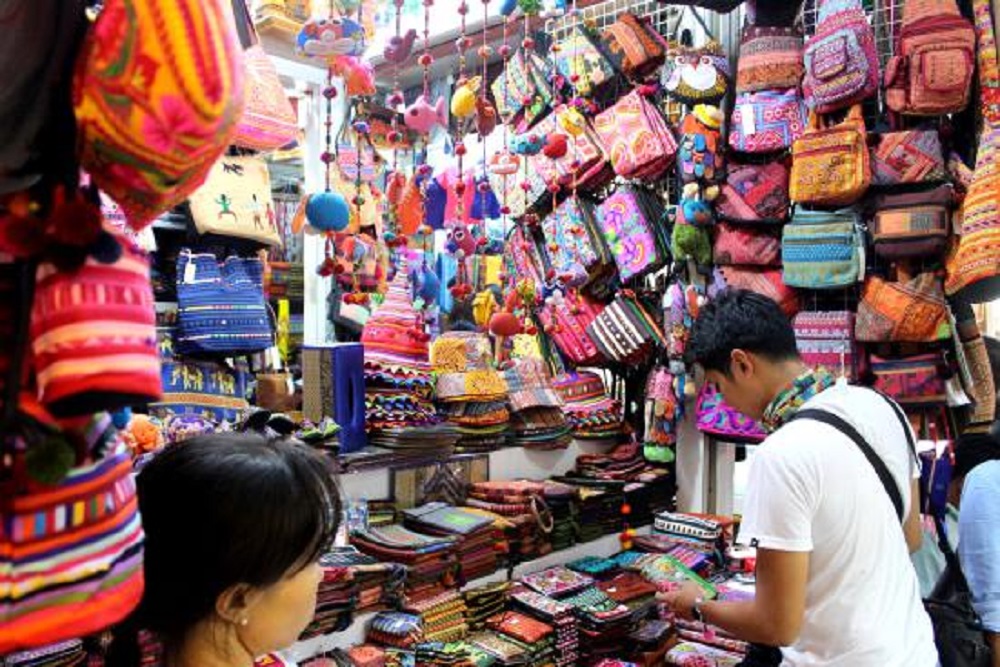
With the numerous lively and colourful places for shopping in Thailand, you can go for high market names and amazing bargains at once. For blissful shopping experiences, Thailand caters to the customers of every kind with fancy malls, weekend bazaars, night markets, and floating bazaars.
With an awe-inspiring plethora of Thai products, the Land Of Smiles is a shopper’s paradise. Every mall, street market, and weekend bazaar is full of goods to surprise you. Following are some of the products to buy here. Make sure to bring along a huge, empty suitcase on your Thailand trip!
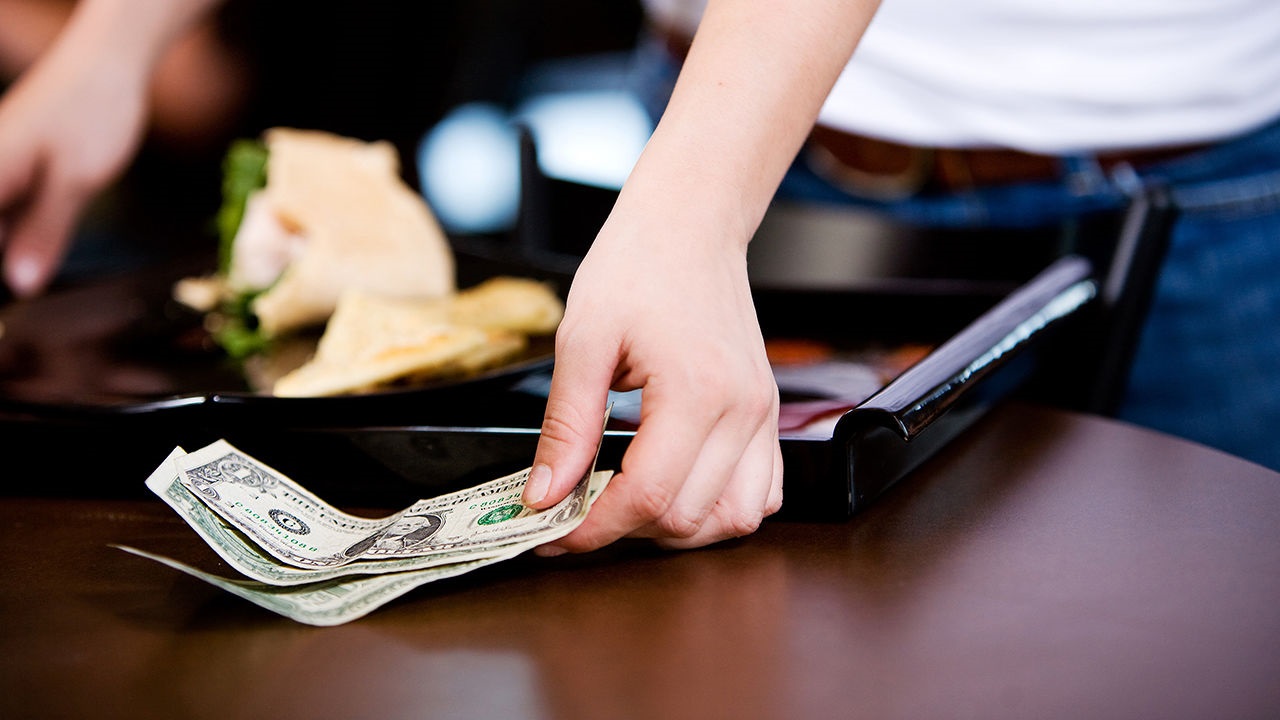
Tipping is NOT customary in Thailand, there is absolutely NO mandatory requirement to tip anyone, but small gratuities for great service are very much appreciated. Unlike some other parts of the world, you will never see a Thai service provider with his hand out waiting for a tip.
OTHER REGIONS
Vietnam / Essential Information
- Visas and border crossings
- Country facts and figures
- Language and culture
- Security
- Money
- Mobiles and the Internet
- Travel to and around Vietnam
- And more
